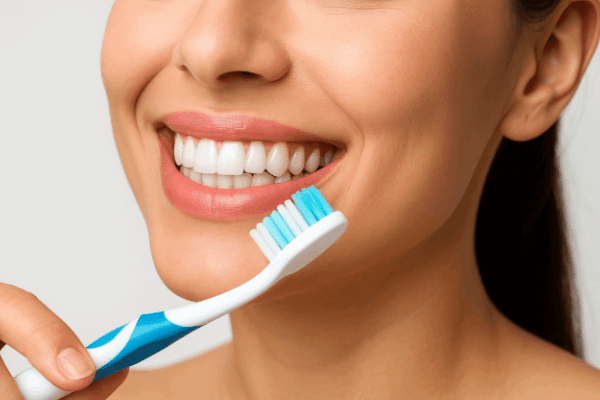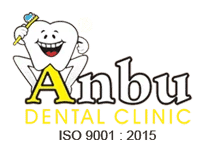Emergency Care
Revive Your TeethTooth Ache
A toothache may feel like a sharp or shooting pain, a throbbing pain, an intermittent pain that comes and goes, a dull ache, or a pain in the jaw or in the sinus cavity. Moreover, a toothache may hurt round-the-clock or may only feel noticeable during activities like eating, biting or chewing.
There are several reasons that your tooth will hurt, most frequently brought on by tooth decay, gum disease or an infection like abscess tooth. Inflammation in the dental pulp, the innermost layer of your teeth results in notable pain, because the interior of the tooth is made up of soft tissue which includes sensitive nerves and blood vessels.
Unfortunately, tooth pain can be very disruptive to other daily routines such as mealtimes, as eating or drinking can worsen the pain, especially with hot or cold sensations, and can intensify at night disrupting sleep. If you feel pain in a tooth, don’t wait to seek dental care.
Causes of a Toothache
Consistent or off and on tooth pain can be caused by tooth decay, abscessed tooth, tooth fractures or cracks, damaged fillings or crowns, heavy grinding of the teeth or infected or receding gums.
Other conditions that do not affect the dental pulp but still result in some level of pain include ulcers which form along your gums, sore gums when a new tooth breaking through (such as wisdom or adult teeth), oral cancer, sinus inflammation and jaw injuries.
Can I Treat a Toothache at Home?
A decayed tooth will not repair itself, likewise an abscess tooth will not resolve on its own without proper treatment. Temporary pain relief at-home remedies include over-the-counter painkillers like Tylenol or Advil, numbing gels, salt water rinses, or cold compresses.
Keep in mind that temporary relief will not treat a condition, and only a dental professional can diagnose and treat the root cause of an aching tooth. Toothaches accompanied by swelling of the face or throat, lumps or lesions, or a fever, that can be a sign of a larger infection or health condition that needs immediate care.
Broken Tooth
What can I do if my tooth is chipped or broken?
If a tooth that is broken, chipped or fractured, immediately seek dental care regardless of whether you’re experiencing pain. Any of your teeth can be fractured or chipped, although broken molars commonly occur from deep tooth decay and from using teeth to chew hard substances. It is not advisable to fix a broken tooth at home or using over-the-counter or DIY methods.
A broken or chipped tooth can produce a varying amount of tooth pain, ranging from no pain at all to excruciating. It is important to have a damaged tooth examined and repaired, regardless of pain-level, to prevent the tooth from becoming infected or needing to be extracted entirely.
Broken Tooth
Even though your tooth enamel is some of the hardest material in your body, it’s not immune to breaking or chipping. A broken, cracked or chipped tooth can happen from basic activities like chewing on hard substances, trauma from accidents, sports injuries, biting your nails, or tooth decay.
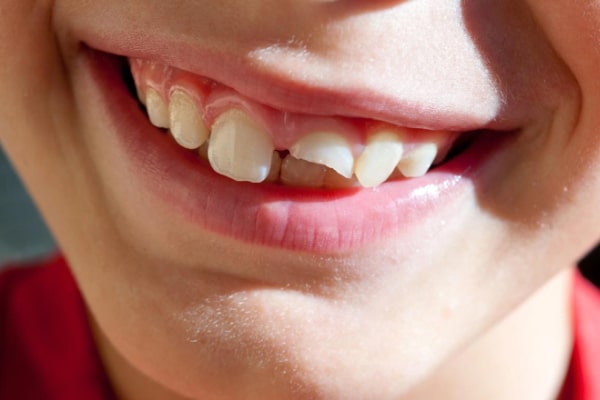
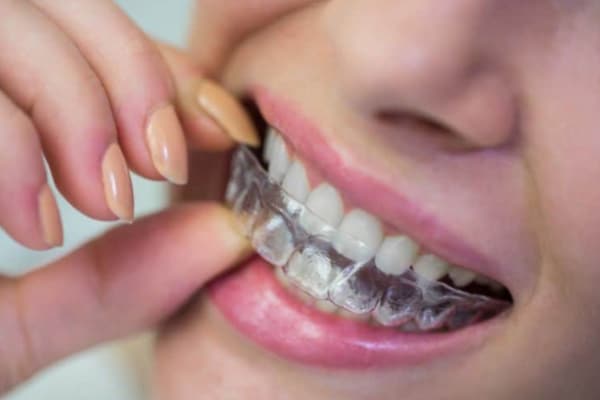
How to treat pain from a broken tooth
- Alternate acetaminophen and other over-the-counter pain relievers such as ibuprofen and continually rinse your mouth with warm salt water
- Prevent sharp or jagged edges from cutting the insides of your mouth by covering them with a piece of wax paraffin or sugarless chewing gum.
- Eat only soft foods and avoid biting down on the broken tooth entirely to prevent further damage
- Make an emergency dental appointment for the same day or as soon as possible
Dislodged Tooth
A dislodged tooth occurs when a tooth is partially shifted, loosened, or knocked out of its normal position due to an injury or strong impact. This condition can cause pain, bleeding, and difficulty in biting or chewing. Seeking immediate dental care is essential, as timely treatment can help reposition and stabilize the tooth, increasing the chances of saving it and restoring proper function.
Bleeding Gums
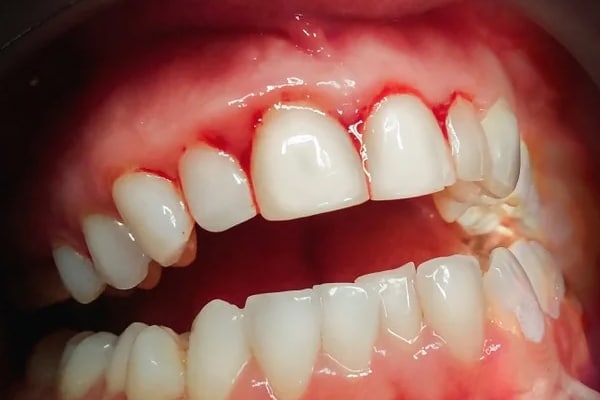
But with the some three-fourths of the US population who are likely to experience periodontal (gum) disease in their adulthood, bleeding gums shouldn’t be ignored as they are signals of serious potential dental and health problems.
What’s even scarier is that in most cases, the vast majority of people don’t even know they have gum disease. It’s not painful, and aside from a small drop of blood or two they may be inclined to let it go until it advances. By educating yourself and becoming aware of the symptoms, you have a better chance of catching catch gum disease early before it turns into something more serious such as tooth loss or heart disease.
Bleeding in the gums on an occasional basis can stem from brushing too hard or an irritation of the gums, however persistent bleeding of the gums can indicate a number of illnesses including leukemia and vitamin deficiencies. Bleeding gums (even a few drops) shouldn’t be ignored.
How to treat bleeding gums
A solid oral health routine is one of the best ways to prevent gum disease, remove particles and irritants from between and under the gums, and protect against tooth decay. Always seek treatment from a dentist if you notice bleeding gums, bad breath, swollen or hurting gums, or any changes in your oral health.
Best ways to treat bleeding gums
- Proper dental hygiene
- Professional treatment from a dentist
- Professional deep dental cleaning
- Control and reverse gum disease
- Manage chronic illnesses
- Stop smoking and tobacco use
Symptoms of gum disease
Periodontitis” literally translates to “inflammation around the tooth”. Mild cases of gum disease may not be painful, and in fact, may not produce symptoms aside from a few drops of blood in the sink while brushing. More noticeable signs of gum disease include swollen, bad breath, inflamed or puffy gums, tenderness in the gum tissue around teeth.
If you notice your gums bleeding after brushing and flossing, be sure to look out for other, more serious symptoms even if you aren’t experiencing severe discomfort:
- Red, swollen, or tender gums
- Bad breath or tooth sensitivity
- Receding gums/formation of deep pockets between teeth and gums
- Changes how teeth fit together
